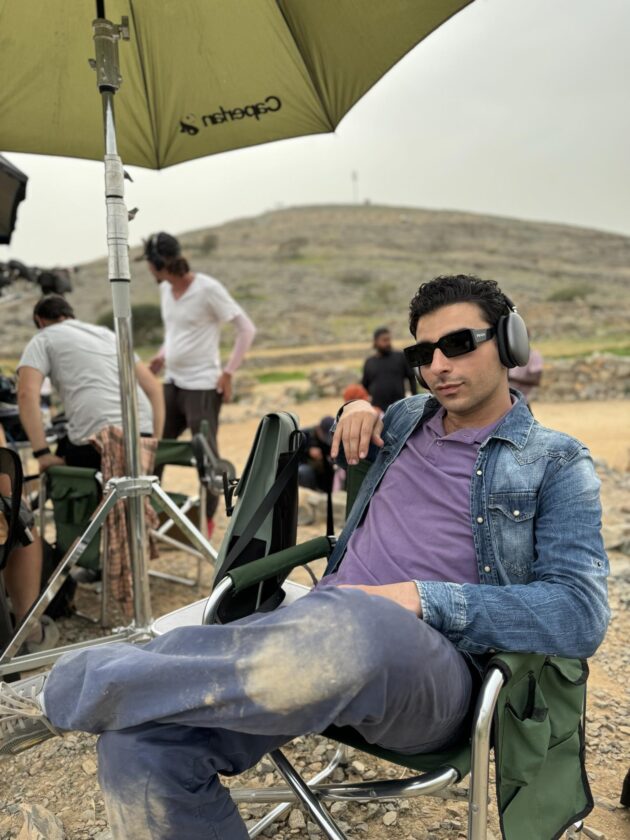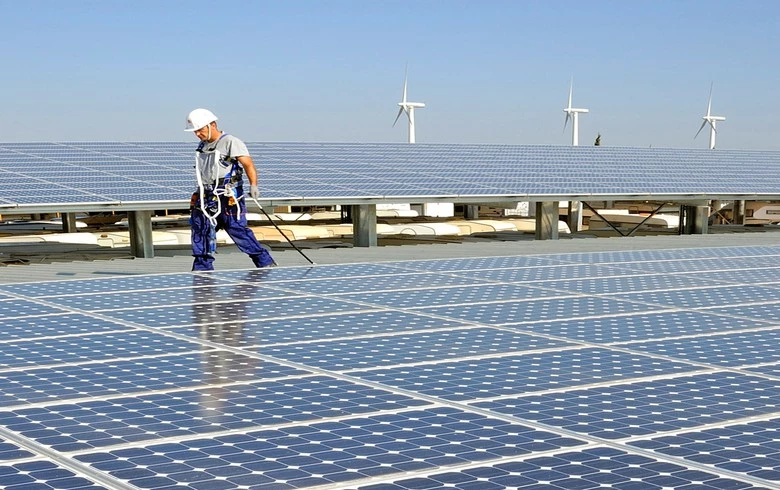When Your greatest ambition is to preserve your life
They live on the other side of the earth, where they kill children, displace families, rape women, burn houses and practice all kinds of oppression. People are struggling to survive and preserve their religious identity. They are the Rohingyas, who are classified by media as “the most persecuted minorities in the world.”
Secretary-General of the Rohingya Immigrant Organization, Abdallah Hafedh, recently visited Tunisia. He spoke about the tragedy of these people. He said the Rohingya are ethnic groups of the State of Myanmar.
The Rohingya crisis dates back to 1942 when a major massacre of the Rohingya killed and displaced thousands of people. The attacks were repeated until August 2017, when a military campaign forced most of the remaining Rohingya Muslims in Arakan to flee to Bangladesh.
Hundreds of them Died in the Naf River, which separates the two countries. Doctors Without Borders estimated that at least 6,700 Rohingyas were killed in Myanmar during the first month of violence, including 730 children under the age of five.

It is estimated that the number of Rohingya, according to our
The people of the Rohingya have no land to live on since they were forced to flee their homeland from Arakan, and when they were in their land, they were killed and persecuted, and the people of the Rohingya were deprived of their human rights and all the rights guaranteed by international charters, Arbitrary detention, assault by Buddhist militias, property theft, violation of the symptoms, restriction of religious freedom, practice of rites and restrictions on freedom of movement.
He said that the first right missing by the Rohingya people is the right to citizenship. They have no land in their homeland and they are not entitled to participate in the national elections, have no right to education and treatment. They have no right to leave Arakan.
“Bangladesh’s places of refuge lack basic services and infrastructure. Most of the refugees live under modest tents and the harsh life imposed by the conditions in Bangladesh leads them to die one way or the other, either because of the weather or widespread diseases,” said Abdallah Hafedh. Or because of the wild elephants that attack the camps from time to time. The camp area in Cox’s Bazar is a forest area where elephants and wild animals live.
Nine months after the Myanmar army began its major campaign against the Muslim minority of Rohingya, Rwandan nurses and volunteers conducted a search and race campaign over time in refugee camps in search of women who hide their pregnancy and are about to have their children raped by the Myanmar soldiers, which is a stigma in this conservative society, so that social workers fear that in the coming years, large numbers of women will abandon their babies or die during secret baby delivery operations in the largest refugee camp in the world.

The Rohingya issue needed combined political and legal efforts of States and the United Nations to go hand in hand to have their rights restored and their persecuters judged in accordance with the laws of international tribunals.
Secretary-General of the Rohingya Immigrants Organization, Abdallah Hafedh, said that the United Nations had not done enough to end the Rohingya crisis because the countries that control the United Nations, which had veto power in the Security Council, preserve their interests on many issues, including the Rohingya issue, and only give cautions to the Myanmar Army.
TunisianMonitorOnline (Written by Douha Essaafi)
)




